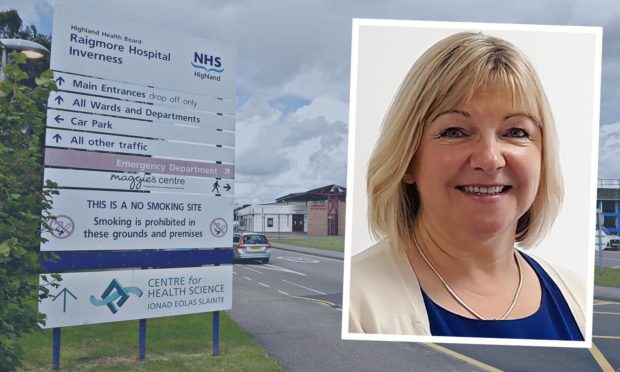NHS Highland has shared results of its first survey aiming to tackle the ongoing issue of bullying within its workforce.
In April 2019, it was revealed that hundreds of staff working across NHS Highland had been victim to bullying and harassment.
Around one full year later, the healthcare service published a Healing Process plan to recover from the allegations and tackle the issues raised in the investigation.
The plan included psychological therapy, counselling and trauma treatment as well as financial compensation for those whose lives and careers were impacted by related incidents.
Earlier this year, despite the fact that some staff had been granted treatment through the process, there were still some issues with financial compensation being granted.
Now, over two years on from the initial investigation, NHS Highland have revealed the outcomes of a survey which asked employees to comment on its response to bullying and harassment allegations.
The outcomes
The Listening & Learning colleague survey was presented to everyone working across NHS Highland and Argyll & Bute Health and Social Care Partnership.
Just over 4,000 employees took part in the survey, representing 41% of staff.
Responses showed that teams felt they knew what they were doing and that colleagues looked out for the wellbeing of one another.
Local managers were also deemed to be approachable for the most part.
Director for people and culture, Fiona Hogg, said: “We are the first NHS Board in Scotland to undertake such a detailed examination of staff experience, and the results give us a lot of data to inform improvements.
“We’ll continue to learn from our people and track progress, to make sure we are doing all we can to be a great place to work.”
“It is clear we still have more to do”
There were only two questions in the survey which focused on the presence of bullying in the workplace.
Of those who completed the survey, 233 NHS employees said that they were still experiencing incidences of bullying and harassment while at work.
NHS Highland said they were taking these responses very seriously.
Results showed that there needs to be more work done to improve internal communication and engagement.
Another area that was highlighted was that staff needed more help accessing development and navigating systems and processes.
Chief executive Pamela Dudek said: “Everyone deserves to feel safe and valued at work. While I am glad that experiences of working at NHS Highland are improving, it is clear we still have more to do.
“I would like to thank the 4,234 colleagues who shared their feedback. We will continue to act on that feedback, demonstrate progress with this and to encourage more colleagues to take part in future opportunities to shape the direction of the organisation.”
Room for improvement
Dedicated training in leadership and communication is being rolled out across the region.
In direct response to the survey’s findings, directors will be increasing in-person visits to facilities in an attempt to listen to and learn from those working on the ground.
Local improvements are also to be prioritised, including IT equipment and facilities.
To continue with improvements, and continue to find out if any more are required, a random selection of staff from across the health board will be invited to take part in Listening and Learning panels.
